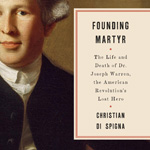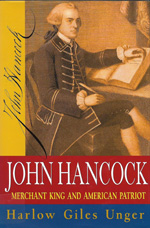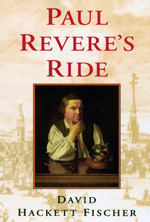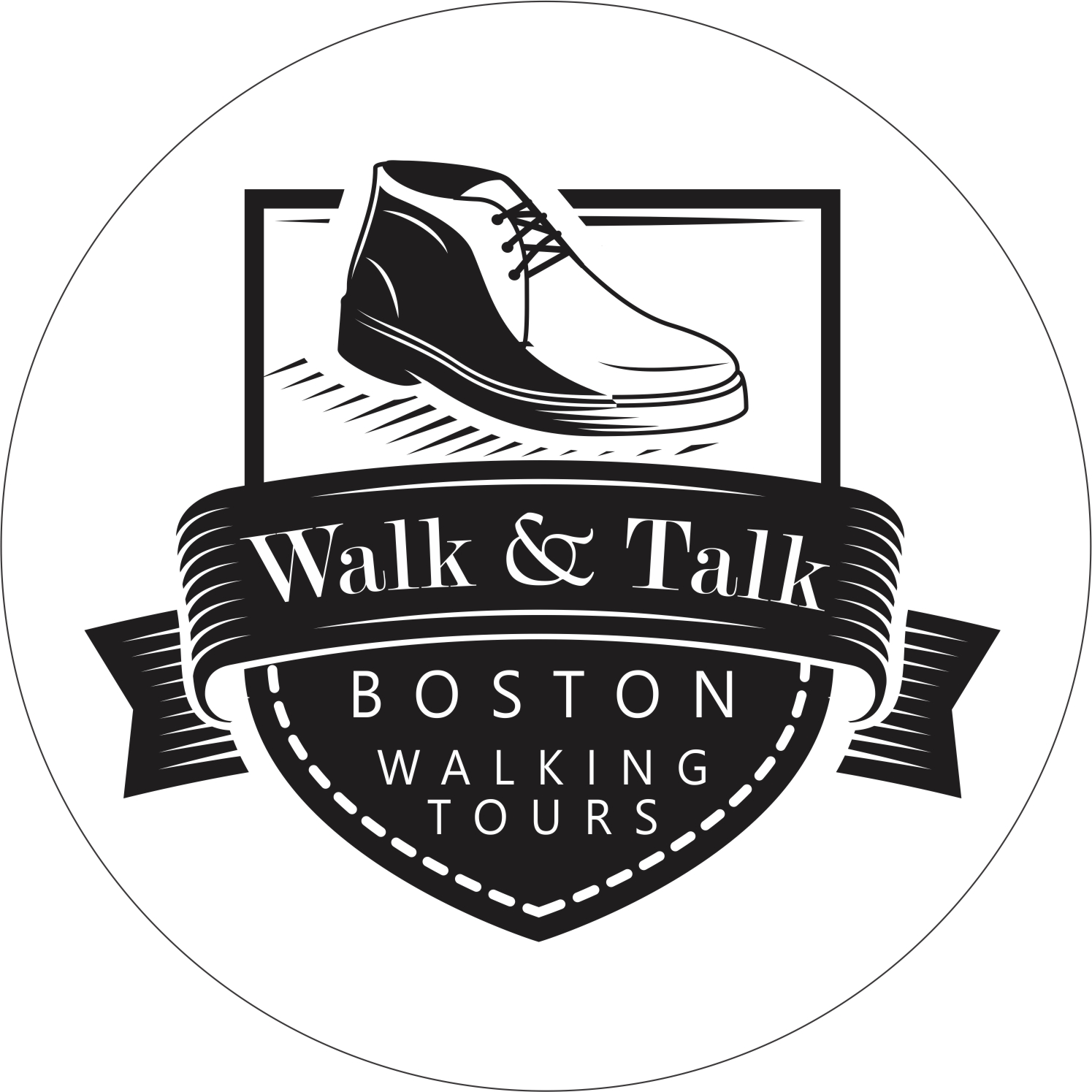Recommended Reading!
Here are a handful of some of the most interesting books I have read on the American Revolution in Boston. Enjoy!

Samuel Adams, Father of the American Revolution
by Mark Puls
This is an excellent first book on Adams and places him in the center of all of the turmoil and scheming that lead up to violent encounters in Lexington and Concord and eventually Bunker Hill.
Adams’ role in the Revolution is misunderstood by many as he was particularly secretive and preferred often to work behind the scenes.

The Revolutionary Samuel Adams
by Stacey Schiff
It’s hard to choose between this great biography and Mark Pul’s book. They’re both terrific, and Schiff, who won the Pulitzer Prize for this book is a compelling storyteller. The great strength of both of these works is that they reveal Adams as the behind-the-scenes mastermind of the Revolution… a distinction he actually worked hard not to earn in his lifetime.

Bunker Hill
by Nathaniel Philbrick
If you only have time for one book, or if you want a well-rounded history of the beginnings of the Revolution, this should be your choice! Contrary to the title, Philbrick covers all the major events leading up to the battle of Bunker Hill.
It’s a great read, and if you have already taken my tour, you’ll be familiar with many of the events and people in this book.

Founding Martyr
by Christian Di Spigna
First a note on biographies… if you read, say, a Samuel Adams bio and a John Hancock bio, you’ll see major events, like the Tea Party, presented through different lenses that make the book’s subject the central figure, or most influential player. It’s fun to see the differences.
Dr. Joseph Warren gets modest attention in other’s biographies, and we barely know his name today, mostly because he died young, as a martyr. Had he lived, he may have become the first President of the United States.
Warren was a central figure and one of what I consider to be the five individuals who brought the Colonies to war. This account of his life is an important book for anyone who really wants to understand the beginnings of the Revolution. Put this high on your list!

John Hancock
by Harlow Giles Unger
What do we know about this man — other than he signed his name on the Declaration of Independence with a huge flourish so “King George would not have to put on his spectacles to read my name.“? Not much, right?
Hancock was a facinating character and an eventual leader in the effort to separate from Great Britain. Aside from financing the militia and eventually the Continental Army, he served as President of the Continental Congress… making him, as the author notes, the real first President of the United States!
As President of the Continental Congress, he had to negotiate with leaders from all the Colonies on the path forward to fighting a war and forming a new government. He was expert at bringing opposing members together in compromise and success.

Paul Revere’s Ride
by David Hackett Fischer
Revere is the rare key player of the Revolution who was not and educated “gentleman” — although, as the author notes — Revere always comported himself as a gentleman.
Revere, the son of a French Hugonaut immigrant was the supreme tactician. Adams, Warren and other made plans, Revere executed them. He is most famous for his ride to Lexington the evening before British regulars would descend on the town, but his story goes much deeper.
David Hackett Fischer is a remarkable researcher and uncovers details of major events from centuries ago as if they happened only last week. It’s a great read and a tribute to a man who many believe only was known because of a Longfellow poem. Revere deserves more — Fischer delivers.

Defiance of the Patriots
by Benjamin L. Carp
The Boston Tea Party is a wildly complex event that we have mostly boiled down to a simple protest against taxation. There was so much more, and Carp takes us all the way from the inhumane treatment of Bengalis who sold to the East India Company, to the social importance of a nice cup of tea, to the eventual protest against Parliament’s assertions of their right to tax the American Colonies.
The book is very well-written and gives the reader a clear view of how this episode in the Revolution transpired — and how the actions after the Tea Party put the Colonies and Parliament on a path to war that neither side could stop.

The Road to Concord
by J. L. Bell
The subtitle of this book says it all: four stolen cannon started the American Revolution. I am not going to spoil the book by telling you more than the author has on the cover, but J. L. Bell advances a theory based on his meticulous research that adds a new dimension to the reasons we are told were the cause of the battles of Lexington and Concord.
I will say that Bell makes an argument that cannot be ignored — no matter what you may know or think about the British march on Lexington and Concord. And this makes it a fascinating read.
